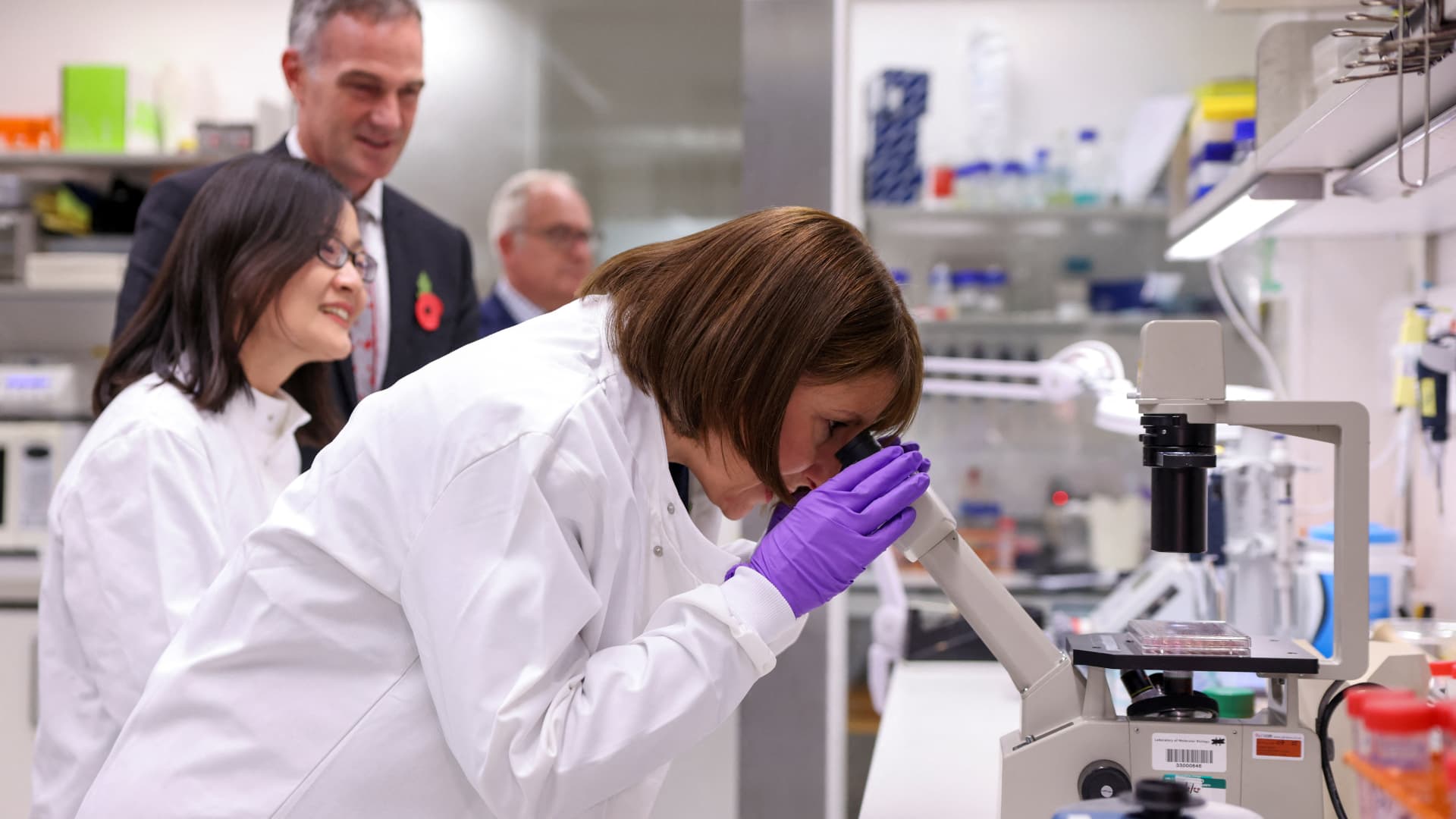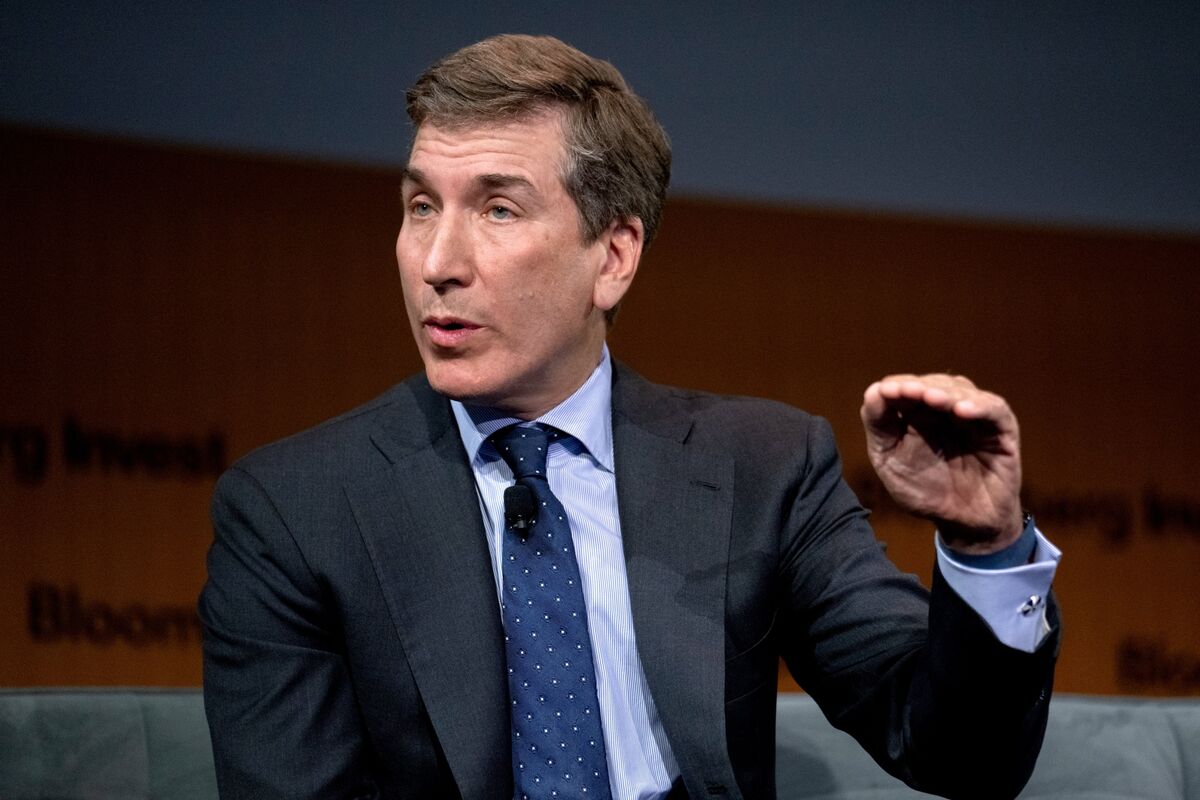Copyright CNBC

Among them was Patrick Vallance, minister for science, research and innovation, a veteran of the U.K. life sciences sector who once headed research and development at GlaxoSmithKline. Also there were Zoubin Ghahramani, vice-president of research at AI pioneers Google DeepMind and Nigel Wilson, formerly CEO of the life insurance giant Legal & General, who now chairs the venture capital firm Cambridge Innovation Capital and Canary Wharf Group. Attendees learned that during the last decade the Cambridge region has enjoyed the strongest economic growth and is now the most investible hub for science, outside London, of any U.K. region. In the process, it is increasingly attracting international investment. A report published by Innovate Cambridge in partnership with Cambridge Innovation Capital, the data provider Beauhurst and Cambridge Enterprise (the commercialization arm of the University of Cambridge), revealed that, since 2015, early-stage life sciences and deeptech companies in the region have raised £7.9 billion ($10.5 billion), two-fifths of which came from international investors. That was up from just 7% a decade ago, with American investors showing particular interest, participating in nearly one in five of all Cambridge funding rounds over the period. The figures come five months after Dealroom, the data provider, reported that Cambridge now ranks second globally — behind the Bay Area of San Francisco — for the number of unicorns (start-ups achieving a valuation of $1 billion) per capita, comfortably ahead of leading tech and life sciences hubs such as Boulder, Boston and New York. The best-known of these are Wayve, the autonomous driving technology company and Quantinuum, the quantum computing company, but they are far from isolated examples. So far, so encouraging. Yet there was also a sense at the event that future growth may be in jeopardy because Cambridge's breakneck expansion has not been matched by corresponding growth in private and public infrastructure. A report published by Cambridge City Council in March this year noted there "remains high demand for housing and a significant need for new homes to be built locally." It observed that, with local house-price-to-income ratios very high by historic standards, there was an acute need for affordable homes of the kind required by key workers like nurses, teachers and firefighters. This was echoed by a report the same month in Varsity, the University of Cambridge's independent student newspaper, stating that many PhD students — the very people frequently involved in start-ups — no longer live in the city. The report noted: "With academic salaries being what they are, even Cambridge's top professors would struggle to get on the city's property ladder. What sort of prospect is that for a young graduate?" The scarcity of housing, either to buy or rent, is a big potential impediment to future growth. Another, contributing to the housing shortage, is a scarcity of water and supporting infrastructure. The east of England is drier than the rest of the U.K. with Anglian Water, which supplies the region outside the city, suggesting parts of it have lower rainfall than Israel. Concerns about water scarcity and sustainable supply were such that, between December 2022 and November 2023, the Environment Agency — the government body that seeks to protect and improve the environment — blocked the construction of more than 9,000 homes and 300,000 square feet of laboratory space in the Greater Cambridge region. Another potential impediment is chronic traffic congestion: the university's department of land economy reported in June this year that daily average journey times in the city rose by 12% between 2022 and 2024 alone. All this is starting to impact growth, with the Cambridge region falling from fourth to sixth in the Global Innovation Index during the last two years, having been overtaken by South Korea and Singapore. Paul Williamson, senior vice president and general manager of IoT (Internet of Things) at Arm Holdings, told the summit the U.K. was not keeping pace with the chip designer's growth. He revealed that, while Arm, one of Cambridge's greatest success stories, had only that week welcomed 325 new graduates to the business in the city, it was increasingly having "to take a global perspective" and base recruits elsewhere around the world. 'Varsity Line' The government is responding by trying to boost the entire Oxford-Cambridge "corridor." Rachel Reeves, the finance minister, last week announced a £500 million investment package for new homes and transport links in the region, part of which will support the ongoing reopening of the rail link — the so-called "Varsity Line" — connecting Oxford and Cambridge, which closed in 1967. Vallance, who became a household name during the pandemic with near-nightly TV appearances as the government's chief scientific advisor, told the summit that if the government achieved its aims, companies "that 10 years ago might have disappeared off to the U.S." would remain in the U.K. He added: "This region has all the ingredients to be the U.K.'s answer to Silicon Valley or the Boston Cluster: somewhere that turns world-class innovation into economic growth the whole nation benefits from." But the fact Vallance even had to stress that latter point highlights widespread public sensitivity over the fact that growth and prosperity seems increasingly concentrated in just a handful of locations, like London, Oxford and Cambridge, with other areas left behind. And that is a problem the U.K. has had for a very long time now. Top TV picks on CNBC



